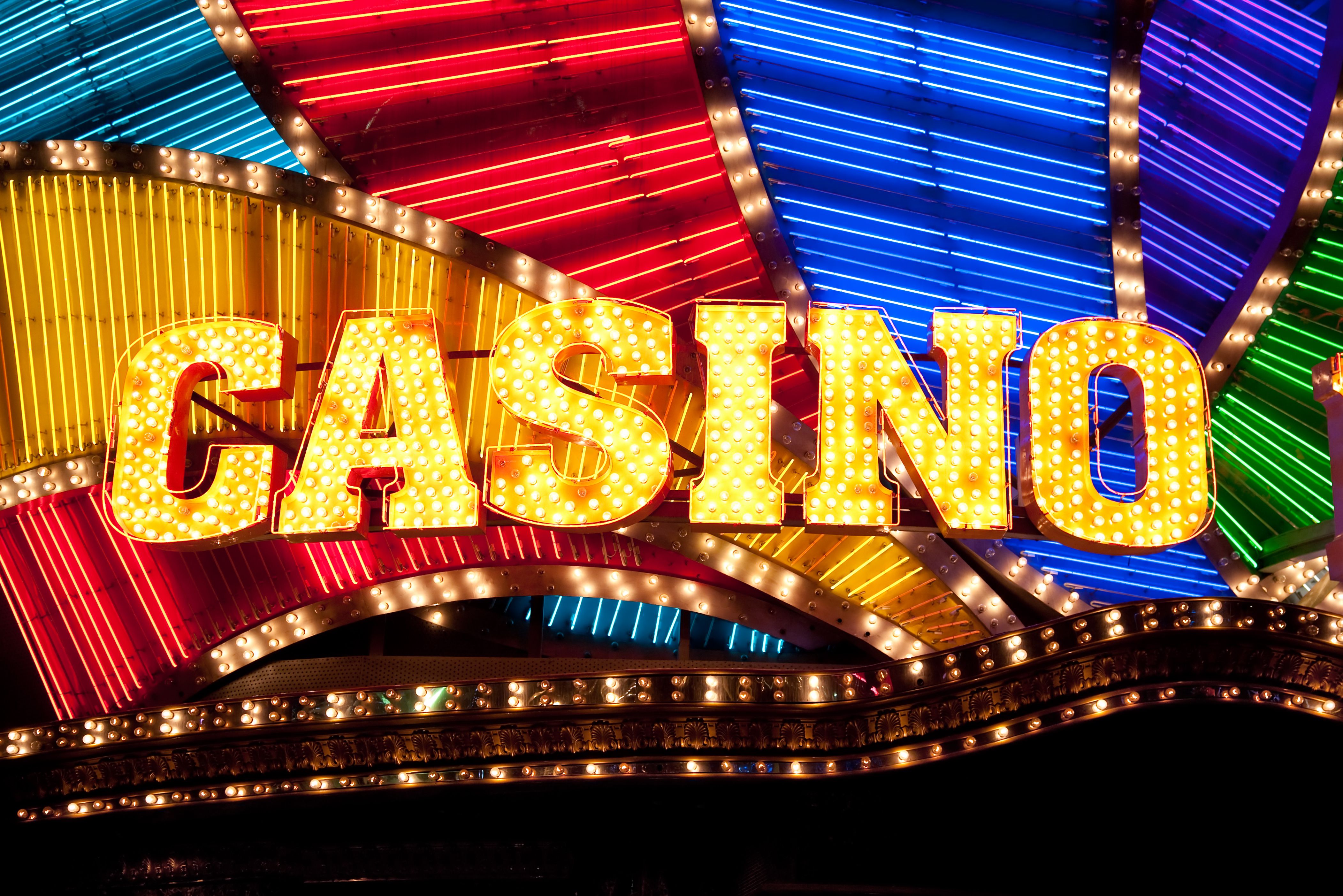
In the world of gambling, where chance and strategy intersect, a unique tapestry of beliefs unfolds—one that braids luck, fate, and the enigmatic nature of casino games. Casinos, bustling with excitement and anticipation, are not just spaces for placing bets; they are also arenas in which superstitions thrive. https://ga179.ltd/ From the novice player to the seasoned gambler, these mysterious practices often shape how individuals approach the games they play, holding the belief that their actions can affect the outcome in ways that go beyond mere probability.
When players gather around roulette wheels, blackjack tables, and slot machines, the atmosphere is thick with stories of lucky charms, rituals, and codified behavior that defy logic yet provide a sense of comfort. Whether it’s wearing a specific outfit, following a particular sequence of bets, or even avoiding certain numbers, the attachment to various superstitions reflects a deep-rooted desire to control the uncontrollable. This article delves into the captivating world of casino game superstitions, examining the beliefs that simultaneously entertain and mystify those who dare to play.
Historical Beginnings of Superstitions
Casino games have long been connected with an host of superstitions that go back to primitive societies. The beginnings of these notions can be associated to humanity’s intrinsic desire to influence the random outcomes connected with luck and randomness. In early civilizations, activities of chance were often connected to ritualistic practices. Players would invoke blessings or seek favor from deities, believing that their actions could influence the outcomes in their benefit. This foundation laid the foundation for the multitude of superstitions that proliferated as casino games evolved over time.
During the medieval period, gambling became a widespread pastime across Europe, and with it, a rich tapestry of superstitions developed. Players adopted various rituals and charms, believing they could change the consequences of games. The value of numbers, in particular, began to appear in superstitions around card games and dice. The number seven was often considered auspicious, while other numbers carried bad connotations. These notions mirrored the societal contexts of the time, adapting as they passed through generations and adapted to new gaming environments.
As gambling houses appeared in the seventeenth century, particularly in Italy and the French nation, the atmosphere surrounding betting became saturated in mystique. The growing availability of casino activities allowed for the expansion and diversification of superstitions among players. Concepts like lucky charms, designated seating arrangements, and rituals gained importance, creating a unique culture within casinos. As these practices continued to thrive, they became integral to the identity of gambling activities, illustrating how historical developments and society shape the notions that influence how gamblers connect with luck.
Common Casino Superstitions
Beliefs surrounding casino activities are abundant and varied, reflecting the hopes and anxieties of gamblers as they participate in chance-based activities. One of the most common views is that specific digits bring luck or misfortune. For example, the digit seven is often seen as a favorable digit, frequently sought after by gamblers looking for a positive result. Conversely, the digit thirteen is routinely considered cursed, leading many players to steer clear of it during their gambling sessions.
Another frequent superstition relates to rituals that players believe can influence their chances. Whether blowing on the dice before a throw, using a specific gesture to place a wager, or even wearing specific items of attire, many people feel that these rituals can tilt luck in their favor. These rituals offer a feeling of control in an otherwise unpredictable environment, reinforcing the idea that luck can be manufactured through personal beliefs and habits.
Finally, the environment and atmosphere of the casino itself contributes to superstition. Many players suggest that the presence of specific icons, such as four-leaf clovers or fortunate tokens, can enhance their odds of winning. Additionally, players might adhere to the notion that winning streaks can be halted by mundane events, such as someone passing by or a accident at the gaming surface. The collective environment in a casino can amplify these superstitions, creating a communal culture of superstitions that goes beyond individual experiences.
Impact of Superstitions on Players
Superstitions play a important role in the mindset of gamblers, often affecting their actions and decision-making. Numerous gamblers think that fortune can be influenced through different rituals, such as donning a talisman, selecting specific colors, or steering clear of particular digits. This dependence on superstitions can create a sense of control in an environment that is inherently unpredictable. Players often feel more self-assured and engaged when they feel that their actions could sway the outcome of a game in their favor.
The influence of these superstitions extends past individual players, affecting the general atmosphere inside the casino. For instance, a player who believes in the luck of a certain slot machine might attract a gathering, as onlookers are fascinated by their apparent luck. This collective belief can heighten excitement and create a dynamic environment, leading to an interesting experience even for those who may not necessarily be believers themselves. The excitement around specific games can lead to increased participation and extended playing sessions, supporting the casino’s vibrant social scene.
In some instances, superstitions can lead to negative effects for players. Relying too much on rituals can result in poor gambling decisions, as some may ignore basic strategies in favor of unfounded beliefs. Additionally, the pressure to perform rituals may increase anxiety and stress levels, detracting from the pleasure of the experience. Ultimately, while superstitions can enhance the thrill of playing casino games, they can also lead to unwise choices that overshadow the enjoyment and amusement intended in the casino experience.
